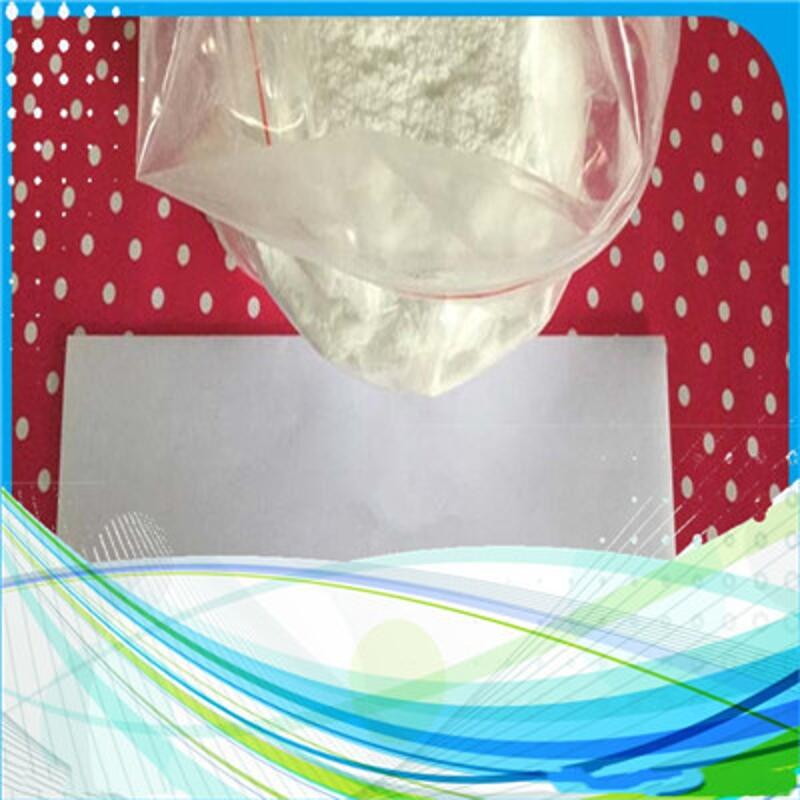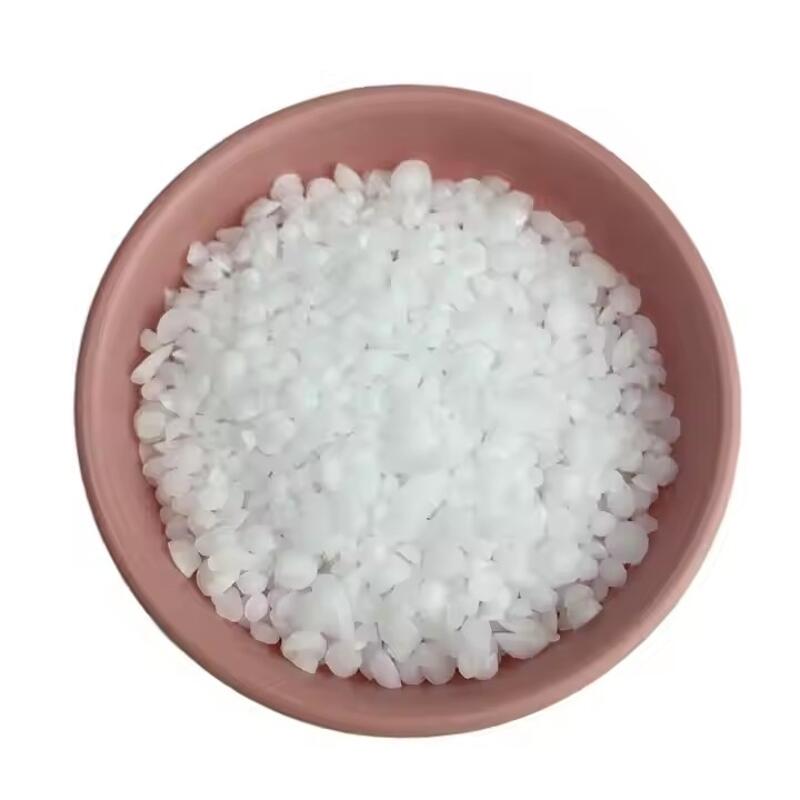-
Categories
-
Pharmaceutical Intermediates
-
Active Pharmaceutical Ingredients
-
Food Additives
- Industrial Coatings
- Agrochemicals
- Dyes and Pigments
- Surfactant
- Flavors and Fragrances
- Chemical Reagents
- Catalyst and Auxiliary
- Natural Products
- Inorganic Chemistry
-
Organic Chemistry
-
Biochemical Engineering
- Analytical Chemistry
-
Cosmetic Ingredient
- Water Treatment Chemical
-
Pharmaceutical Intermediates
Promotion
ECHEMI Mall
Wholesale
Weekly Price
Exhibition
News
-
Trade Service
Classic milk ad
"
some milk?"
"
, which was suspended earlier this year after more than
20,
years of airing, aims to raise public awareness of the nutritional value of milk, but the milk market will not be affected by the suspension. Not everyone can drink milk, and the dairy industry is focusing on lactose insatiable people.Humans are actually born with the ability to digest lactose, a process that is done by
β-
semi-lactase in gastrointestinal wrinkles , commonly known as lactase, but this ability is gradually lost after weaning and with age. In some ethnic groups, such as the Nordics, genetic mutations caused lactase to persist in the body
about
,100,000 years ago, when humans began domesticated animals. It is predicted that about
70%
to
75% of the world's
population has lactose allergies, from less than
20%
in Western countries to almost
100%
.who are allergic to lactose because they lack or do not produce lactase and therefore cannot fully digest lactose. When people who digest lactose drink dairy products that contain lactose, lactase in the small intestine dissolves lactase into glucose and semi-lactose, both of which are absorbed in the blood. For people who are allergic to lactose, lactose does not degrade and enters the large intestine from the small intestine, which is fermented by microbes that produce volatile fatty acids, carbon dioxide and hydrogen. In this way, people with lactose allergies are prone to abdominal pain, bloating, cramps, bloating or diarrhea.most supermarkets now have lots of dairy products labeled lactose-free. According to
Euromonitor
's report in
12
, the global lactose-free dairy market is expected to grow at twice the rate of the overall market by
2017-
, or about
6%
per year. This growth means that food companies will pay more attention to people who are allergic to lactose to varying degrees.Martinus W.
, a microbiologist at
company Gist-Brocades,
. In a
1889
report, Beijerlinck
said that assuming lactase was present in yeast, yeast cells would be able to dissipate lactose, and that the German biologist and Nobel Laureate
Emil Fischer
had demonstrated in
1894
that lactose hydrolysis could be carried out under a catalyst. The main commercial interests are in fungi such as ascornmycin (micrumic) and yeast genus such as fake silk yeast genus (fake tropical candina and sour lactation), Kruvi yeast genus (Max Crowe yeast, lactic acid bacteria, fragile clobacillus).
DSM
Food Ingredients Gist-Brocades
introduced lactase in
1964
, making it the first company to commercially produce lactase. Dutch
DSM
acquir
ed
Gist-Brocades
in
, 1998, becoming the world's leading producer of lactase.
, global marketing manager for
DSM
,
DSM
is the only lactase producer with a closed supply chain, which allows
DSM
to control the entire production process and ensure its product quality. In
the
1970s, the
Maxilact ®
registered as a trademark, an enzyme produced by lactic acid bacteria through fermentation. The company has also been working to improve the purity of the enzyme,
Roses
said, only by continuously improving the purity of the enzyme can it be made more sustainable, but also cost savings for customers.DSM
a variety of lactase products.
Maxilact LGX
and
Maxilact LAGX
(products) meet sterile requirements, and
Maxilact A4
products are suitable for whey powder processing. These products are all liquid forms, but the company also has grainy tablets or capsule products:
Tolerase L
from ™
. This product has high fluidity and compression, and its adaptability to low
pH
values makes it effective in the stomach in detoxifing lactose.is the company's
lactase product
Maximilac LGi
contains no aromatase or conversion enzymes. Aromatase is an impurity found in lactase products that makes natural substances in milk taste good. The conversion enzyme is an impurity that hydrolyses sucrose. As a result, low-lactose dairy products containing sucrose are likely to contain glucose and fructose, both of which are sweeter than sucrose, which can cause some changes in taste and texture in dairy products over their shelf life. The company
a
European patent
enzymes
February 2014.
Roes
added
Maxilact Lgi
guarantees no more odors and extends shelf life. The enzyme is said to be the only lactase on the market that does not contain conversion enzymes at all and will therefore provide a consistent long-lasting sweetness.Another benefit
the lactase product is that it increases the sweetness of the final product, so food producers can reduce sugar additions, Roes said. The use of this enzyme can help food producers reduce
sugar use
up to 20% and prevent crystallization.When it comes to future challenges,
Roes
says the market for low- or lactose-free products will grow rapidly, but there is still a lot to be done, especially in Asian markets where lactose allergies are much higher than in other regions, leading consumers to become aware of lactose allergies and telling them what solutions exist. As the global lactose-free dairy market continues to grow, the company predicts a significant increase in overseas exports. This requires a longer shelf life and further promotes additional requirements for enzyme quality.







